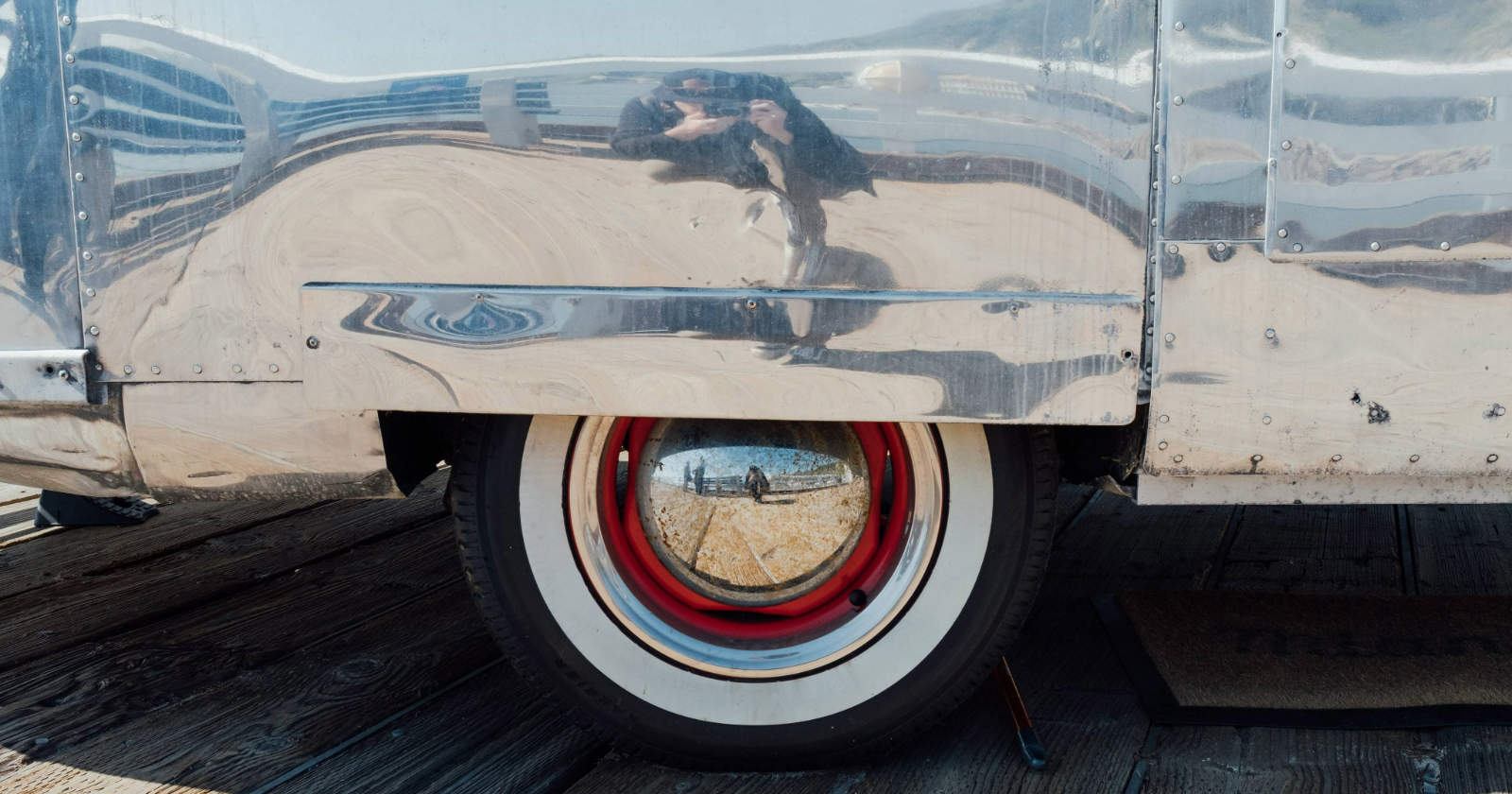For many RV enthusiasts, the freedom of hitting the open road and exploring the great outdoors is an unparalleled experience. However, the presence of wasps, bees, and other flying insects can quickly dampen the joy of your adventure. Effective RV insect prevention is essential not only for comfort but also for safety, especially for those with allergies to stings. Here are comprehensive strategies to ensure your RV remains a no-fly zone for these unwelcome guests.
1. Regular Inspection and Maintenance
The first step in RV insect prevention is to make a habit of inspecting your RV regularly for any cracks, holes, or openings that insects could use to enter. Pay special attention to vents, windows, and doors. Seal any gaps. Ensure that window and door screens are intact and repair any tears immediately.
When sealing your RV, it’s crucial to use the right type of sealant for different areas. For the roof, choose a lap sealant like the Dicor brand designed for exterior use that can withstand extreme weather conditions and UV rays. This will prevent degradation over time, ensuring a long-lasting barrier against insects. For side walls, doors, windows, and around compartments, opt for a flexible, weather-resistant sealant that can accommodate the expansion and contraction of the RV’s materials. Regularly check these seals and reapply as necessary to maintain an impenetrable defense against pests.
2. Use Essential Oils for RV Insect Prevention
Many flying insects dislike the smell of certain essential oils, making them an excellent natural repellent. Lavender, peppermint, eucalyptus, and lemongrass are particularly effective. Create a mixture of water and a few drops of your chosen essential oil, and spray it around your RV’s entry points and interior. Not only will this keep insects at bay, but it will also leave your RV smelling fresh.
3. Keep a Clean Campsite
Insects are often attracted to food and sugary substances. Ensure that your campsite and RV interior are clean and free from food residues. Store food in sealed containers and dispose of garbage regularly. Avoid leaving sweet drinks and fruits outside to prevent attracting bees and wasps.
4. Install Insect Screens for RV Insect Prevention
Ensuring your RV is equipped with the right screens and covers is a critical step in keeping wasps, bees, and flying insects at bay. High-quality mesh screens on windows and doors are fundamental. They serve the dual purpose of allowing fresh air to circulate through your living space while acting as a barrier against unwanted pests. It’s a simple yet effective first line of defense that also maintains your view and connection to the outdoors.
Beyond the basics, consider the ventilation systems that are integral to your RV’s operation, such as those for the furnace and refrigerator. These are often overlooked entry points for insects. Installing durable mesh vent covers over these areas can significantly reduce the likelihood of insects finding their way into your RV. These covers are designed to fit snugly without impeding airflow, ensuring that your appliances function efficiently while keeping pests out.
Regular maintenance of these screens and covers is just as important as their initial installation. Checking for tears, holes, or signs of wear should be part of your routine RV upkeep. Even the smallest gap can be an invitation to insects. Repairing or replacing damaged screens and covers promptly will help maintain an insect-free environment.
5. Utilize Insect Traps
Set up insect traps around your RV to catch any insects that come close. You can find various traps to hang around your campsite. Place these traps at a safe distance from your RV to lure insects away from your living area.
6. Chemical Repellents and Natural Alternatives
Given the potential harm chemical repellants can pose to pets, consider using natural alternatives. Products containing citronella, geraniol, or other natural compounds can repel insects effectively without the risks associated with chemical treatments. These alternatives can come in various forms, such as candles, lanterns, or even wristbands, offering protection while ensuring the safety of your furry companions.
Wrapping Up for RV Insect Prevention
Implementing these RV insect prevention strategies can make a significant difference in your comfort and safety during your adventures. Regular maintenance, the strategic use of screens and protective covers, natural repellents, and cleanliness are all key components of keeping your RV an insect-free zone. Remember, the great outdoors is full of surprises, and sometimes the most effective solutions come from shared experiences.
We invite you to share your own tactics and success stories in RV insect prevention. Have you discovered a particular method or product that works wonders for keeping pests at bay? Share your insights in the comments below.
Additional Articles:
How To Get Rid of Cockroaches in Your RV




In appropriate outside areas, ie: engine compartment, fridge vent, water heater door, generator compartment,I place vented bags of moth balls. This prevents wasps and ants from entering or building nests. An RV tech who delivered my first diesel pusher told this tip and it works, and only need attention once per season, or annually.
Great article, with lots of helpful tips! Since we love to camp near water, especially in Florida, the mosquitoes can be ferocious! I have dogs so chemicals and poisons are out, but I use the essential oils mentioned. I also find that smudging the interior space clears out and repels new pests very well. Campfires are also great because bugs don’t like smoke. I add dried herbs to the fire(lavender, sage, eucalyptus, etc.) which repels pests and smells great to us!